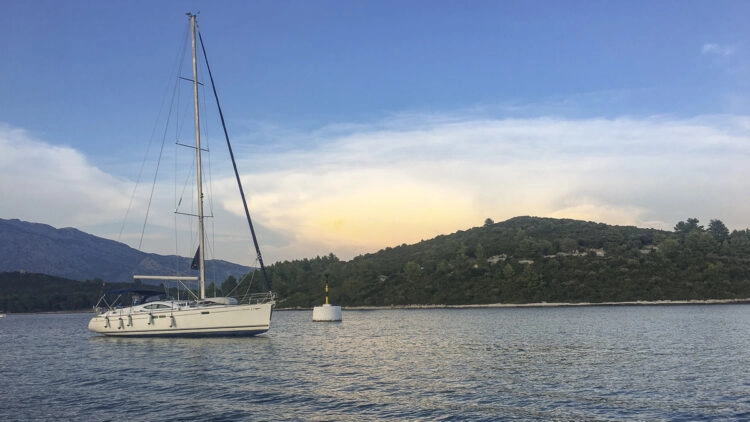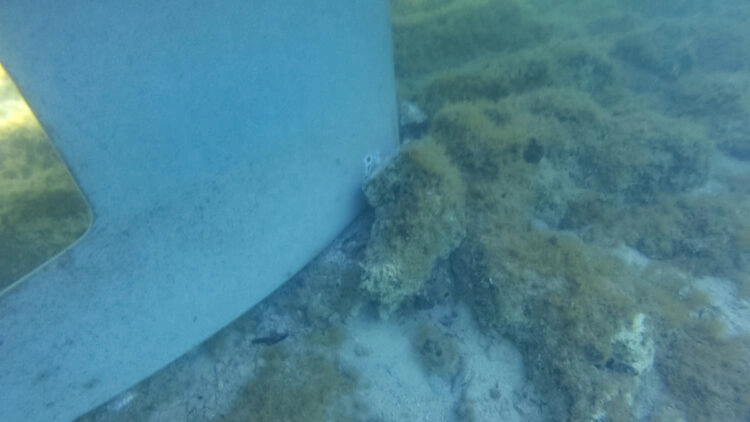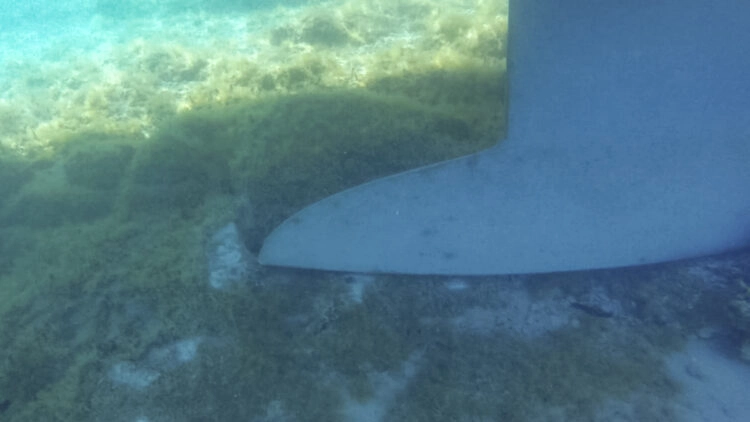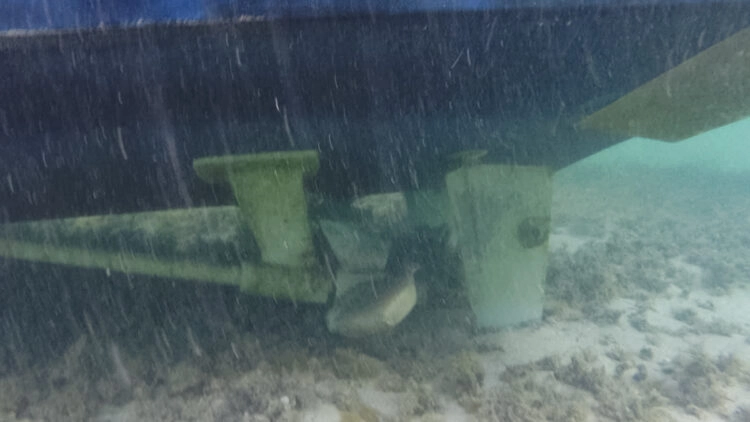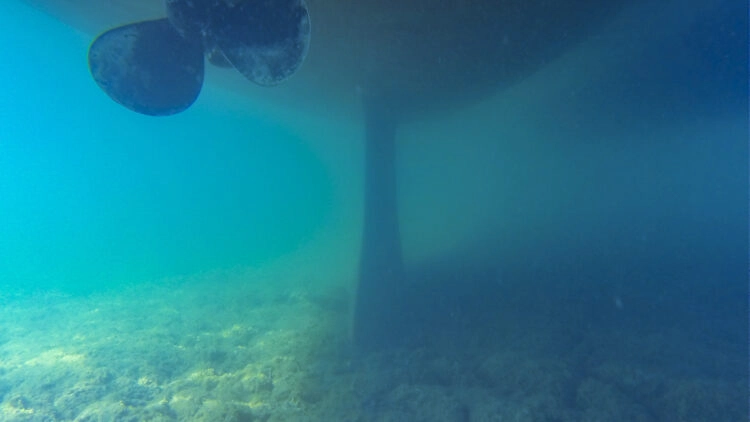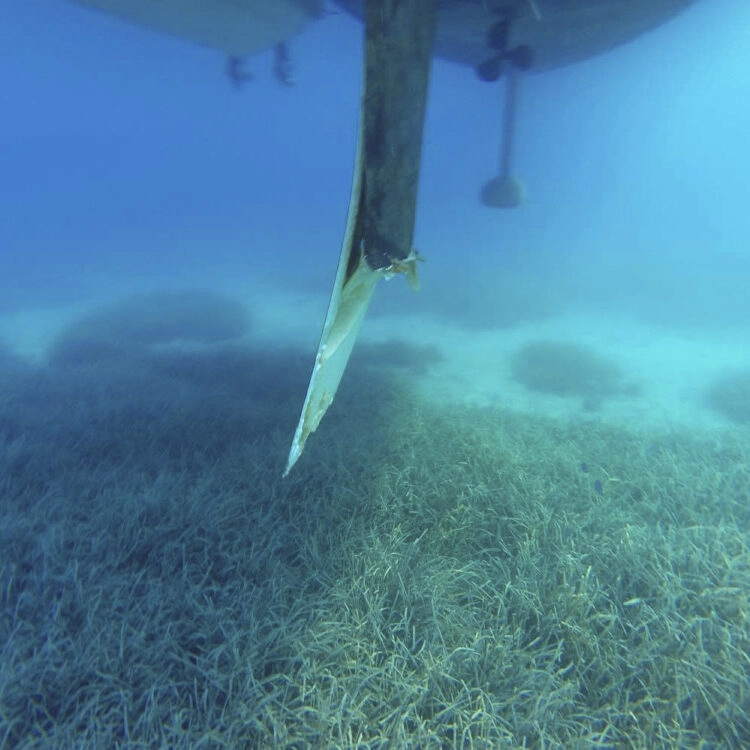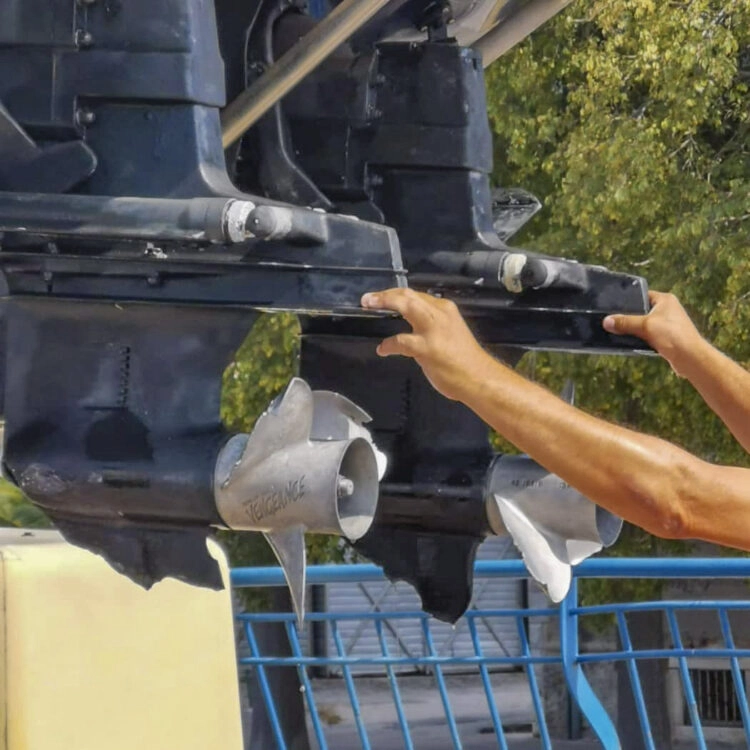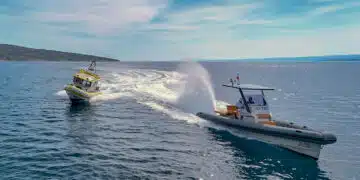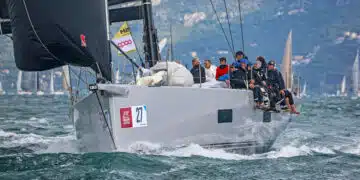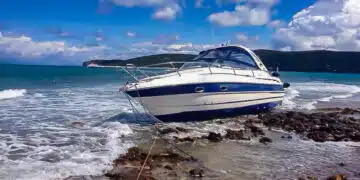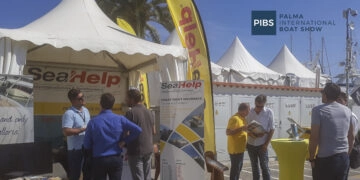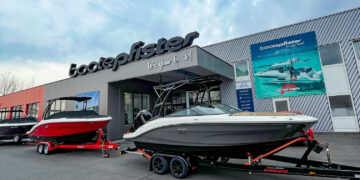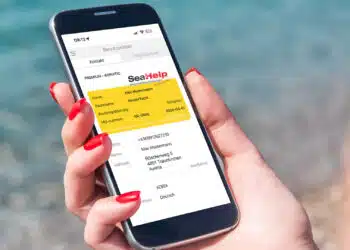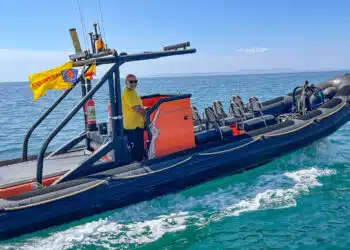A SeaHelp membership offers comprehensive all-round protection for almost all problems that can befall a skipper and his crew. Even towing free in case of light grounding is free of charge with a SeaHelp membership. What needs to be considered if “land is bought” unintentionally and the yacht cannot be freed under its own power?
Whether towing assistance, starting assistance, fuel service, spare parts delivery, free towing in case of light grounding, freeing of lines in the propeller, passenger transport, weather and district advice up to telephone support – in medical emergencies the nautical breakdown service is available to its members 24 hours a day, 365 days a year (366 days in leap year) with advice and assistance. Through the SeaHelp Emergency Call App (iPhone & Android Smartphone), the operations center can be informed quickly, easily and reliably, even if things get hectic on board.
However, there are a few things to keep in mind when towing free in the event of a light grounding. First of all: Every SeaHelp member will be towed free of charge from the place of the accident. This applies without restriction to all cases of light grounding, but not to so-called heavy grounding. But where does light grounding end and where does heavy grounding begin?
The line between light and heavy grounding is fluid
The following rule of thumb applies here: if the water depth at the place of the accident where the yacht is grounded is not less than the yacht’s usual draft minus ten centimeters, no other damage has occurred, it is navigable after being towed free, and can continue its journey independently, it is only a case of light grounding. All other cases are classified as salvage and thus are not included in the free member services.
“The SeaHelp captain assesses the situation on site”, says SeaHelp managing director Wolfgang Dauser. Factors such as the substrate, the sea state, the design of the yacht and the condition of the rig would play a role. After assessing the facts, the free towage could then also be refused under certain circumstances.
The reasons for a slight grounding can be versatile
“According to our many years of experience, the most common reasons for light grounding are that crews do not sufficiently take into account that during the night the wind can shift, the yacht swings around at the anchorage, and suddenly the keel sits on the bottom”, says Marko Orlić, manager Sea Help Adria.
At high tide, moreover, the anchorage is sometimes selected with too little reserve, in leegerwall situations yachts drift towards the shore when the anchor slips, or the yacht drifts aground when the engine dies, for example when lines in the prop. In Italy, it happens more often when the crew does not correctly interpret the position of the fairway, says Marko Orlić.
Even if it should be a serious grounding, however, SeaHelp is the right contact, says SeaHelp managing director Wolfgang Dauser. In application then comes a costly salvage, whose basis is a fair salvage agreement. In this agreement, all details would be agreed upon beforehand, and the costs for the owners would be assessable.


